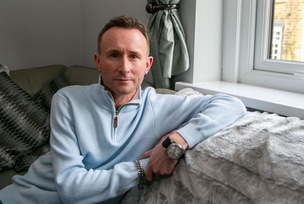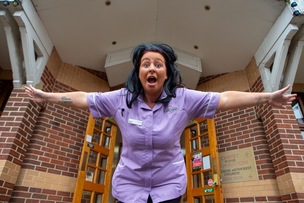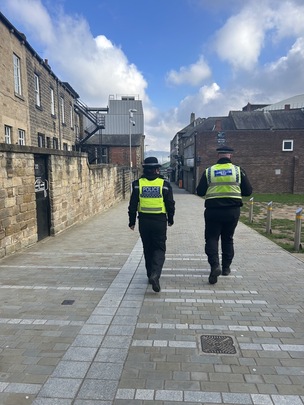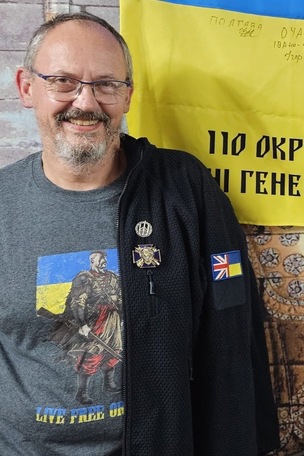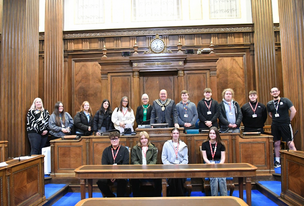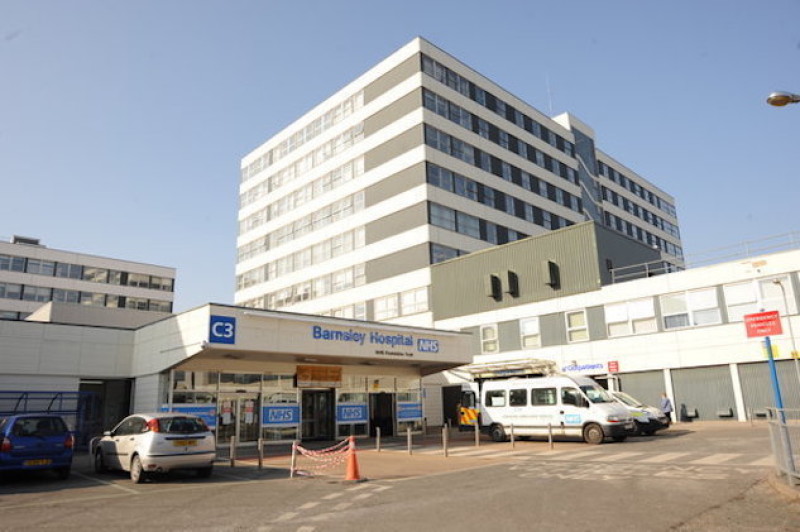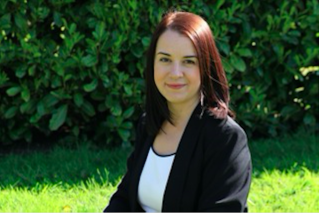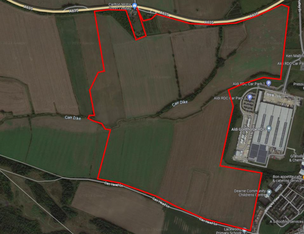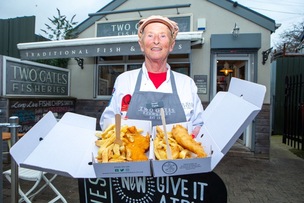GROWING demand for police officers’ time at Barnsley Hospital cannot be maintained, according to a report which revealed more than 1,300 hours have been spent dealing with reports in the last two years.
Police responded to 474 calls from the hospital between December 2017 and November 2018, accounting for 766 hours in 2017/18 and 500 hours from January to September last year - a figure that’s expected to rise when the annual statistics are published.
A warning has been issued by police bosses, who say the current rate can’t continue, according to the report which assesses the impact South Yorkshire’s four hospitals have had on diverting officers.
Dealing with crime accounts for about 20 per cent of police time, according to the report, which says 80 per cent is classed as ‘non-crime’ and references issues involving missing people who are deemed to be vulnerable.
Northern General in Sheffield has accounted for more than 4,200 hours since 2017, Doncaster Royal Infirmary came second in the list with 1,700 hours and Rotherham District General Hospital required 1,200.
South Yorkshire Police’s force lead for dealing with hospital demand, Supt Daniel Thorpe, said: “If the current pace of demand, specifically from these four hospitals continues, by the end of this financial year the total number of officer hours required to manage the demand will be the equivalent of the work of seven full-time police officers.
“We’re developing a force-wide hospital missing person policy, as well as looking at opportunities for them to fund a police officer like initiatives seen in some of Barnsley’s schools.
“Our problem-solving approach continues to have a positive impact with the highest repeat demand locations and missing persons.
“This work will continue as we recognise there is still much to do.
“Reducing demand is key to freeing up officers’ time to manage other demand and calls for service in the force.”
Barnsley Hospital bosses and police have entered into talks centred around reducing demand, while an electronic attendance process could also be used to tackle those who go missing having checked into accident and emergency departments.
Other measures could include the hospital funding a police officer to be solely based there, as has been seen in several schools in the town.
Dr Alan Billings, South Yorkshire Police and Crime Commissioner, said: “The police become involved with vulnerable people even when they’re not victims of crime.
“For example, older people who suffer from dementia may wander off and forget who they are or where they live.
“People of all ages go missing and they have to be found.
“Although there’s no crime in these scenarios, the police are still called to help.
“In the past, some of this demand would be picked up by others but as other public services have felt the squeeze of ten years of austerity, increasingly the police has become the emergency service not just of last resort, but of only resort.
“Calls on the service have gone up exponentially as a result and they are finding it increasingly difficult to manage.
“Non-crime demands may now account for as much as 80 per cent of police time.
“Some senior officers nationally have started to say that it is not ‘core policing business’ and officers must resist doing it, but I take a different view.
“Stretched though we are, our understanding of what residents want has broadened.
“Having said that, we need to find ways of reducing or preventing non-crime demand or they will struggle to tackle crime.
“This is something officers are doing with partners and I am supportive of that, but it is not an easy circle to square, so officers are working closely with the NHS.
“The next two years are going to be very testing as demand is rising and finance is getting tighter.
“The challenge is to understand how that demand can be both predicted and reduced.
“In part that involves closer working with others and also using resources more cleverly and efficiently.
“But this is now a good force that is well able to meet the challenge.”

